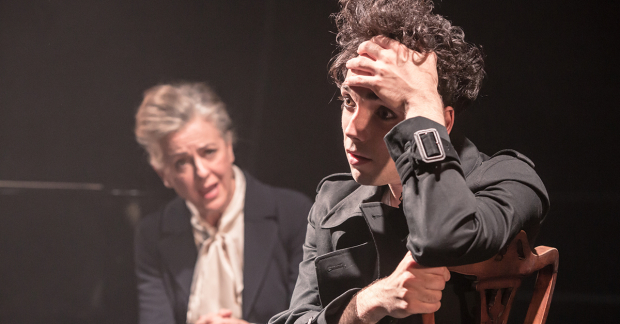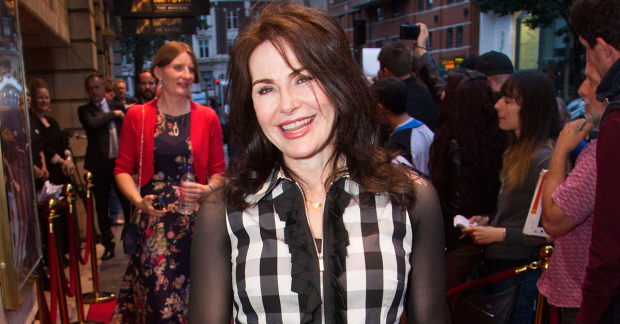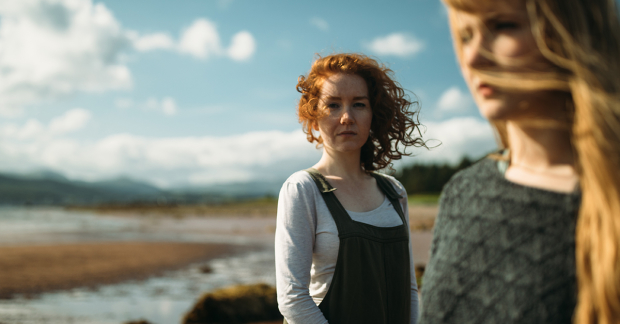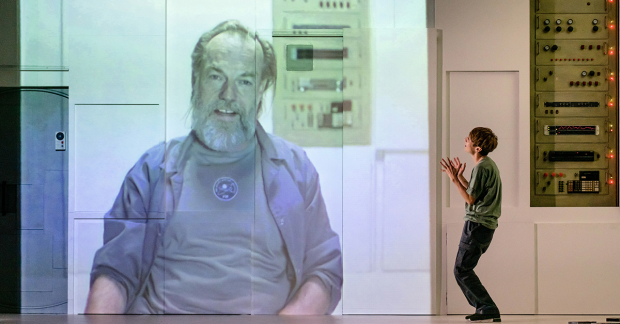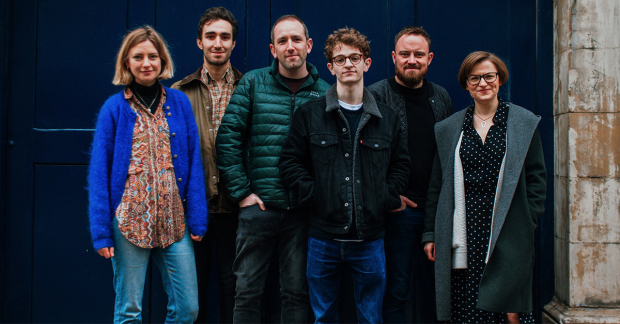Review: Great Expectations (Southwark Playhouse)
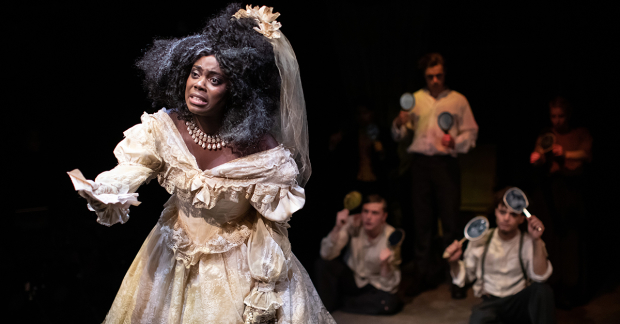
© Ali Wright
Perhaps the greatest compliment that should be paid to director Mumba Dodwell is that this production of Dickens' Great Expectations resonates with a vibrancy and dynamism that could appear at odds with some perceptions of one of this country's most celebrated classical writers. Speaking as a member of the audience that could only manage to reach the final third of the novel before giving up (please withhold snide comments about attention span and respect for the canon), it speaks volumes about this performance that the drama captivates and intrigues until the closing moments.
It was initially hard to fathom after walking into Southwark Playhouse how on earth Dodwell and designer Hannah Wolfe intended to successfully render the epic nature of Dickens' story in such a compact space. Before the action ensues, it seems completely implausible that a plot encompassing decades of Pip's life in a variety of rural and urban settings could work on a stage only a few feet wide.
This brave decision really pays dividends however; channelling the frenetic energy of Neil Bartlett's adaptation onto a tiny set, the production – particularly in the first act – is electric. This is in large part down to the achievements of the entire cast working seamlessly with very little space for manoeuvre. Their efforts as an ensemble, including collective vocal contributions in echo or reply to Pip, should be praised.
Clare O'Donoghue and Tom Gimson (lighting and sound design respectively) also deserve credit for knowing when and where to restrain in this production. There is nothing particularly ostentatious about the play's technical design but as a result the scenes imbued with haunting gothic tones and sombre lighting, usually involving Miss Havisham, are particularly chilling and macabre. It is minimalist but undoubtedly rewarding.
Joseph Payne performs admirably as the chief protagonist, successfully balancing the early stages between Pip the boy and Pip the gentleman as he switches between addressing the audience as both. This is a boundary that dissolves as Pip's education becomes advanced, but whether "coarse-handed and common-booted" or an adult in realisation of his morally wayward behaviour, Payne appears equally comfortable in the role.
His is not the most memorable performance of the evening however, as Sarah Lusack and Jamie Foulkes ought to be recognised for their portrayal of double-act Mr Wopsle and Mr Pumblechook. It isn't hyperbole to suggest that both actors demonstrate courage, not to mention creativity and talent, to really interpret the roles in their own singular way and do so with a great deal of success. I never envisaged finding any pair of Dickensian characters as amusing as Lusack and Foulkes are. Both of them symbolise the freedom of expression that is unquestionably the single greatest element of this production.
This performance is the type of theatre that makes you reconsider what you think you might know about a particular writer. After getting home, I even considered trying to dig my old copy of Great Expectations out of the attic. If I ever manage to get through it, Dickens will have this cast and crew to thank entirely.



